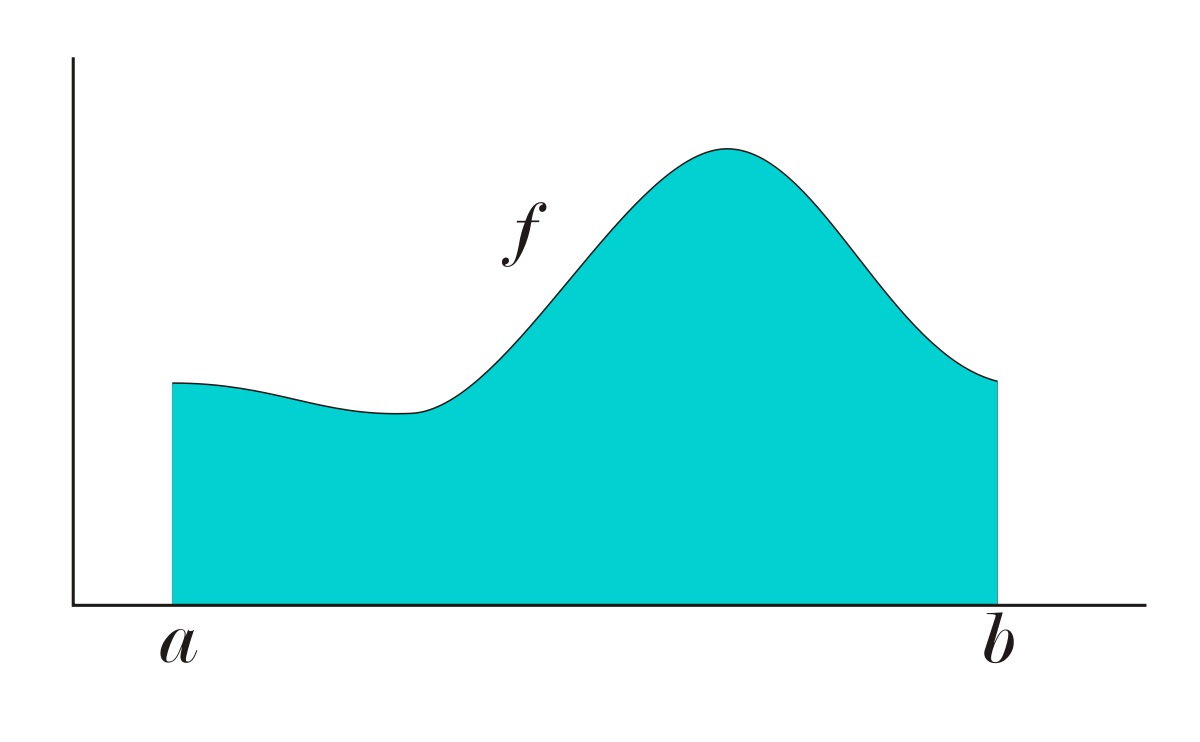
Lebesgue's Differentiation Theorem is a fundamental concept in mathematical analysis, shedding light on the behavior of functions in the realm of measure theory. This theorem, named after the distinguished French mathematician Henri Lebesgue, offers profound insights into the properties of functions with respect to measures. Understanding this theorem is crucial for grasping the intricate nature of differentiation and its connection to measures.
In this article, we will delve into six essential facts about Lebesgue's Differentiation Theorem, unraveling its significance and implications. By exploring these facts, we aim to demystify this profound mathematical concept and shed light on its practical applications. Whether you're a mathematics enthusiast, a student of mathematical sciences, or simply curious about the intricacies of differentiation and measure theory, this exploration of Lebesgue's Differentiation Theorem will provide valuable insights and deepen your understanding of this captivating mathematical principle.
Key Takeaways:
- Lebesgue’s Differentiation Theorem helps us understand how functions behave and how their average values relate to their individual points. It’s like finding out how a class’s average grade reflects each student’s performance.
- This theorem, created by mathematician Henri Lebesgue, is a crucial building block in modern math. It’s like a powerful tool that helps us understand not just numbers, but also real-world things like probability and signal processing.
Lebesgue's Differentiation Theorem is a fundamental concept in mathematical analysis.
Lebesgue's Differentiation Theorem is a crucial result in the field of real analysis, providing insights into the behavior of functions in the context of Lebesgue integration. This theorem offers valuable understanding of the relationship between the integral average of a function and its pointwise values. By delving into the intricacies of this theorem, mathematicians gain a deeper comprehension of the convergence properties of integrals and the behavior of functions at individual points.
The theorem was formulated by French mathematician Henri Lebesgue in the early 20th century.
Henri Lebesgue, a prominent figure in the development of measure theory and integration, introduced the Lebesgue's Differentiation Theorem as a significant contribution to the field of mathematical analysis. His innovative work revolutionized the understanding of integration and laid the foundation for modern theories in this area.
It provides conditions under which a function can be approximated by its average value.
Lebesgue's Differentiation Theorem establishes the circumstances under which a function can be closely approximated by its average value over a given interval. This insight is invaluable in understanding the behavior of functions and their integral averages, shedding light on the convergence of integrals and the distribution of function values within a specific domain.
The theorem plays a pivotal role in the study of Lebesgue integration.
Lebesgue's Differentiation Theorem holds significant importance in the realm of Lebesgue integration, offering profound implications for the understanding of integrable functions and their properties. By elucidating the relationship between function values and their integral averages, this theorem contributes to the foundational principles of Lebesgue integration theory.
It is a cornerstone of modern mathematical analysis.
Lebesgue's Differentiation Theorem stands as a cornerstone of modern mathematical analysis, influencing diverse areas of mathematics and serving as a fundamental concept in the study of integration and function theory. Its far-reaching implications extend to various branches of mathematics, making it an indispensable theorem in the realm of mathematical analysis.
The theorem has applications in diverse fields, including probability theory and signal processing.
Lebesgue's Differentiation Theorem finds practical applications in a wide array of disciplines, including probability theory and signal processing. Its insights into the behavior of functions and integrals have far-reaching implications, making it a versatile and indispensable tool in the analysis and interpretation of data across different domains.
By exploring the intricacies of Lebesgue's Differentiation Theorem, mathematicians and researchers gain valuable insights into the behavior of functions, the convergence of integrals, and the fundamental principles of Lebesgue integration. This theorem, formulated by Henri Lebesgue, continues to be a cornerstone of modern mathematical analysis, with applications spanning diverse fields, from pure mathematics to practical disciplines such as probability theory and signal processing.
Conclusion
In conclusion, Lebesgue's Differentiation Theorem is a fundamental concept in real analysis that provides a powerful tool for understanding the behavior of functions. By establishing a connection between the average behavior of a function and its pointwise behavior, this theorem has far-reaching implications in various mathematical applications. Understanding the intricacies of this theorem equips mathematicians and researchers with the ability to delve deeper into the properties of functions and their derivatives, paving the way for advancements in diverse fields such as physics, engineering, and economics.
FAQs
What is the significance of Lebesgue's Differentiation Theorem?
Lebesgue's Differentiation Theorem is significant as it provides a deeper understanding of the relationship between the average behavior of a function and its pointwise behavior. This has wide-ranging implications in various mathematical and scientific disciplines.
How does Lebesgue's Differentiation Theorem impact real-world applications?
Lebesgue's Differentiation Theorem has practical implications in fields such as physics, engineering, and economics, where a thorough understanding of the behavior of functions and their derivatives is crucial for modeling and analysis.
Was this page helpful?
Our commitment to delivering trustworthy and engaging content is at the heart of what we do. Each fact on our site is contributed by real users like you, bringing a wealth of diverse insights and information. To ensure the highest standards of accuracy and reliability, our dedicated editors meticulously review each submission. This process guarantees that the facts we share are not only fascinating but also credible. Trust in our commitment to quality and authenticity as you explore and learn with us.
